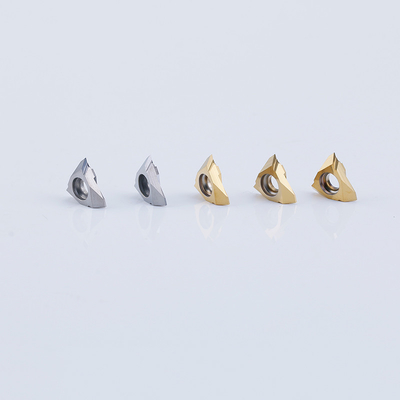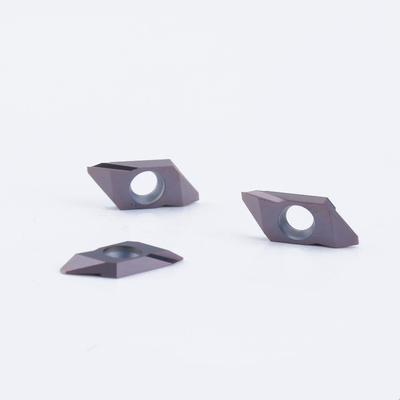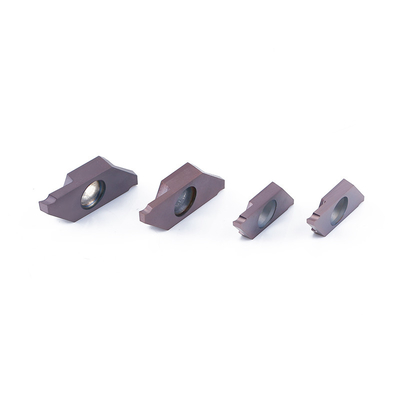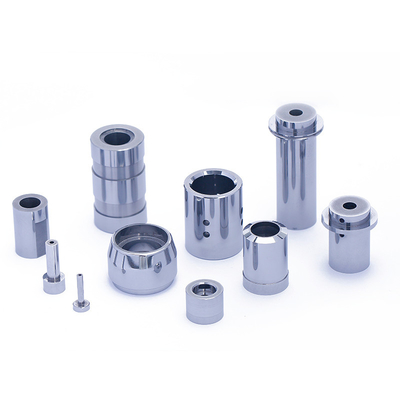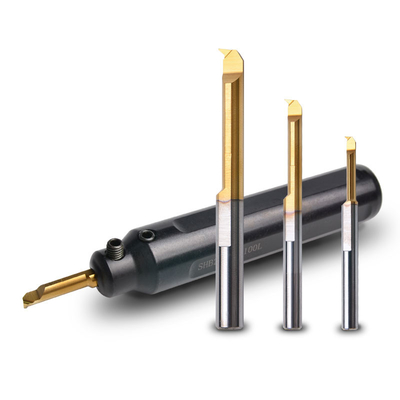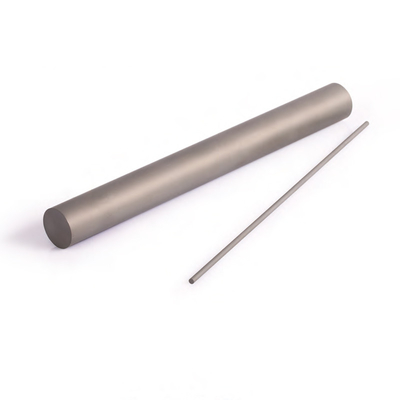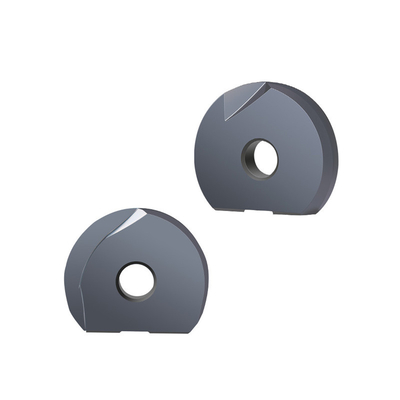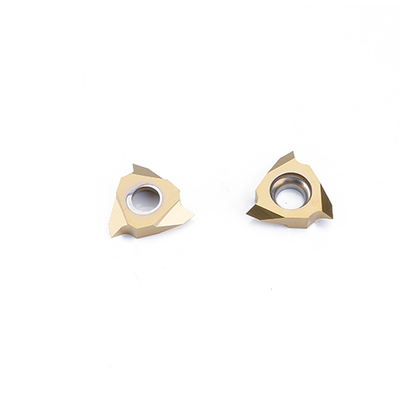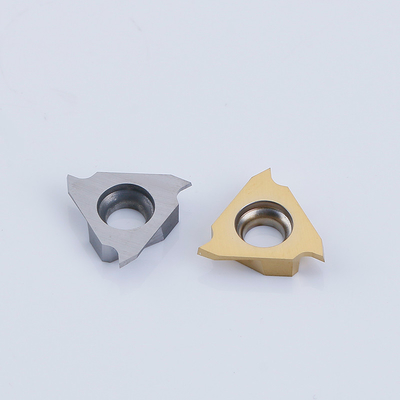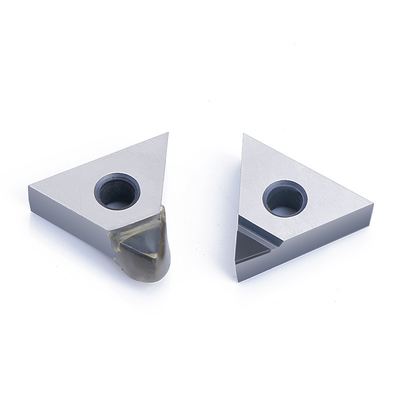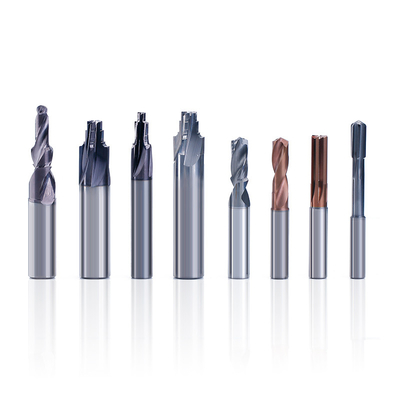Customized Carbide Dies for New Energy Vehicles Stamping Tools for Rotor Stator Production Wear Parts for Batteries
Application Field
| Automotive Industry |
Stamping Die |
| Automotive Parts |
Stamping Die for Automotive Parts |
| Car Body |
Car Body Stamping Die |
| Automotive Panels |
Automotive Panel Die |
| Chassis |
Chassis Stamping Die |
| Bumpers |
Bumper Stamping Die |
| Fenders |
Fender Stamping Die |
| Hoods |
Hood Stamping Die |
| Door Panels |
Door Panel Stamping Die |
| Energy Industry |
Stamping Die |
| Solar Panels |
Solar Panel Frame Stamping Die |
| Wind Turbines |
Wind Turbine Component Stamping Die |
| Batteries |
Battery Terminal Stamping Die |
| Transformers |
Transformer Core Stamping Die |
| Heat Exchangers |
Heat Exchanger Stamping Die |
The consistent growth in the number of electrically powered vehicles necessitates the efficient production of motors. Cemented carbide is currently the best material for the economical production of rotor and stator sheets. It offers vibration-dynamic and wear-related advantages compared to steel. We provide a wide range of tungsten carbide solutions for e-mobility, including:
- Carbide banks for progressive dies
- Stamping tools for rotor and stator production
- Nickel-bound grades for magnet production
- Wear parts for the mass production of lithium batteries
Furthermore, we offer ceramic solutions, such as balls and pins, including hybrid bearings for electric motors.
Product Details — Dies for New Energy Vehicles
- Surface Roughness: RZ ~ 0.2 µm / F1.0 mm/min
- Accuracy: ±0.001 mm
- Customization: Fully customizable. There is no standard stock for this series of products, and only non-standard orders are accepted. Please attach CAD or 3D drawings to your inquiry. Thank you!
- Suitable Materials: Tungsten carbide and ceramic, with properties as outlined below:
| Material |
Material Properties |
| Carbide |
Cemented carbide is a powder metallurgical composite made of hard material phases (e.g., tungsten carbide) and a binding material (e.g., cobalt). It is extremely hard, characterized by high wear resistance and thermal stability. It is used in various fields that require wear-resistant tools or components. Compared to die steel, it is more difficult to machine and has a higher material cost, but its service life is often several times longer. |
| Ceramic |
Ceramic materials exhibit excellent high-temperature resistance and are crucial for applications operating continuously at temperatures from 180 °C to over 1200 °C. Compared to metallic materials, oxide ceramics are considered to be resistant to chemical attack, especially in acidic and alkaline solutions. Common types include alumina, zirconia, silicon carbide, and silicon nitride ceramics. |
Involved Machining Technology
- Cylindrical grinding
- Internal circular grinding
- Optical profile grinding
- Flat grinding
- Thread machining
- Middle-speed wire cutting
- Low-speed wire cutting
- Mirror discharge machining
Why Choose Us
- Advanced Technology: Complex shapes and various structures can be quickly formed while maintaining precision.
- Efficient Processing: Short production cycles and rapid delivery ensure adherence to shipment schedules.
- Product Quality: Consistent quality guaranteed, with high accuracy up to ±0.003 mm.
- Confidentiality System: We implement triple confidentiality measures to protect your information. We can sign an NDA (Non-Disclosure Agreement) for added assurance.
- High-End and Fully Equipped: Outstanding processing capacity, multiple production lines, advanced equipment, and professional supporting facilities.
- Cost-Effective: Reasonable design and material selection lead to competitive pricing, helping you secure favorable prices for products of the same quality level.
Kinyet is committed to the research and development of tungsten-related materials. By continuously introducing new technologies and increasing investments in high-end production equipment, Kinyet provides mold solutions with an exceptional quality-to-price ratio, featuring high precision, longer tooling life, and cost-effectiveness. We are excited to announce our merger with Drow; together, we believe we will create even better products for consumers in the future!
Quality Criteria
- Wear Resistance
- Precision
- Corrosion Resistance
- Impact Strength
- Toughness
- Modulus of Elasticity and Rigidity
- Transverse Rupture Strength, etc.
FAQ
Q1: Do you produce special punch molds or punch die components?
A: Yes, we specialize in customized mold fabrication and can translate the most complex punch die concepts into reality. Our punch mold components are designed and tailored for various demanding applications and materials.
Q2: Do you accept low volume for sample orders? What’s your MOQ for customization?
A: Yes, we do. For sample orders, we accept a minimum order quantity (MOQ) of one piece. Please attach CAD or 3D drawings to your inquiry. The sample lead time is 10–15 days, and it can be negotiated for other special requirements.
Q3: If we want to cooperate with you, is confidentiality guaranteed?
A: Absolutely. All your information, including company details, drawings, and purchase order specifics, will be kept confidential. We can sign an NDA (Non-Disclosure Agreement) if you wish.
Q4: What are your payment terms?
A: We require a T/T payment structure of 30% as a deposit and 70% balance before delivery. We will provide photos of the products and packaging before you pay the balance.
Q5: What products can you provide?
A: We offer carbide inserts, carbide end mills, carbide drills, carbide boring tools, cutting tools, and customized carbide precision molds.

 Your message must be between 20-3,000 characters!
Your message must be between 20-3,000 characters! Please check your E-mail!
Please check your E-mail!  Your message must be between 20-3,000 characters!
Your message must be between 20-3,000 characters! Please check your E-mail!
Please check your E-mail! 
